The Financial Sustainability Series
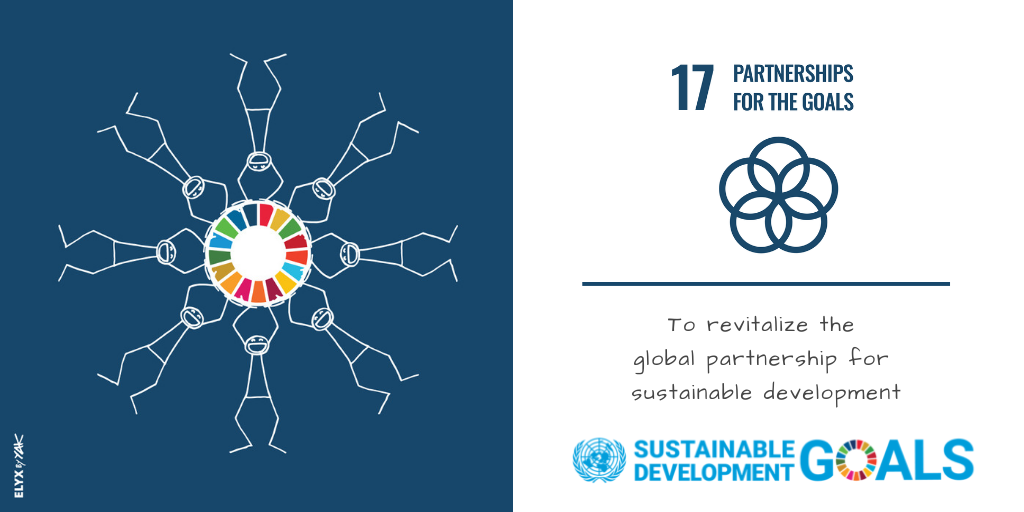
The series of reports aims to harmonize the Sustainable Development Goals (SDG) framework for financial sustainability with the Environmental, Social and Governance (ESG) standards, in the context of the newly proposed reporting requirements of the European Banking Authority.
The Financial Sustainability Series will gather experts from the UN-launched SDG<MATCH platform, the European Banking and Financial Services Training Association and the Romanian Banking Institute, as the consortium implementer in Romania and the Republic of Moldova of the prototype certification on ESG for the banking and financial services sector, using blockchain technology, in support of the European Banking Federation’s goal to foster a green transition towards a more sustainable and responsible financial system.
Moldova’s Pathway towards Financial Sustainability
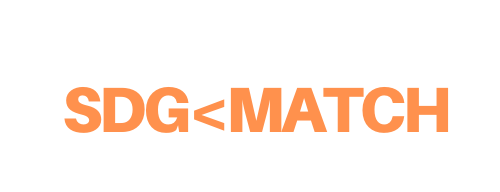
Supporting Moldova’s commitment to joining the European Union, the upcoming event in Chisinau will welcome banking leaders from Moldova and beyond, expressing their vision for the country. The Moldova report, part of The Financial Sustainability Series, aims to analyse the current indicators of financial sustainability, while at the same time producing policy recommendations and the adequate curriculum to prepare the banking specialists for the ESG reporting implementation requirements.
Publicizing the efforts of the European Banking and Financial Services Training Association through the sessions surrounding the launch of the report, while inviting the leaders of the financial services industry in Moldova to contribute their expertise and accompanying them in exploring the pathways towards financial sustainability, is in line with the commitment of the European Banking Federation to ensure a stable, secure and inclusive financial ecosystem.
Gas Diplomacy in the Eastern Mediterranean
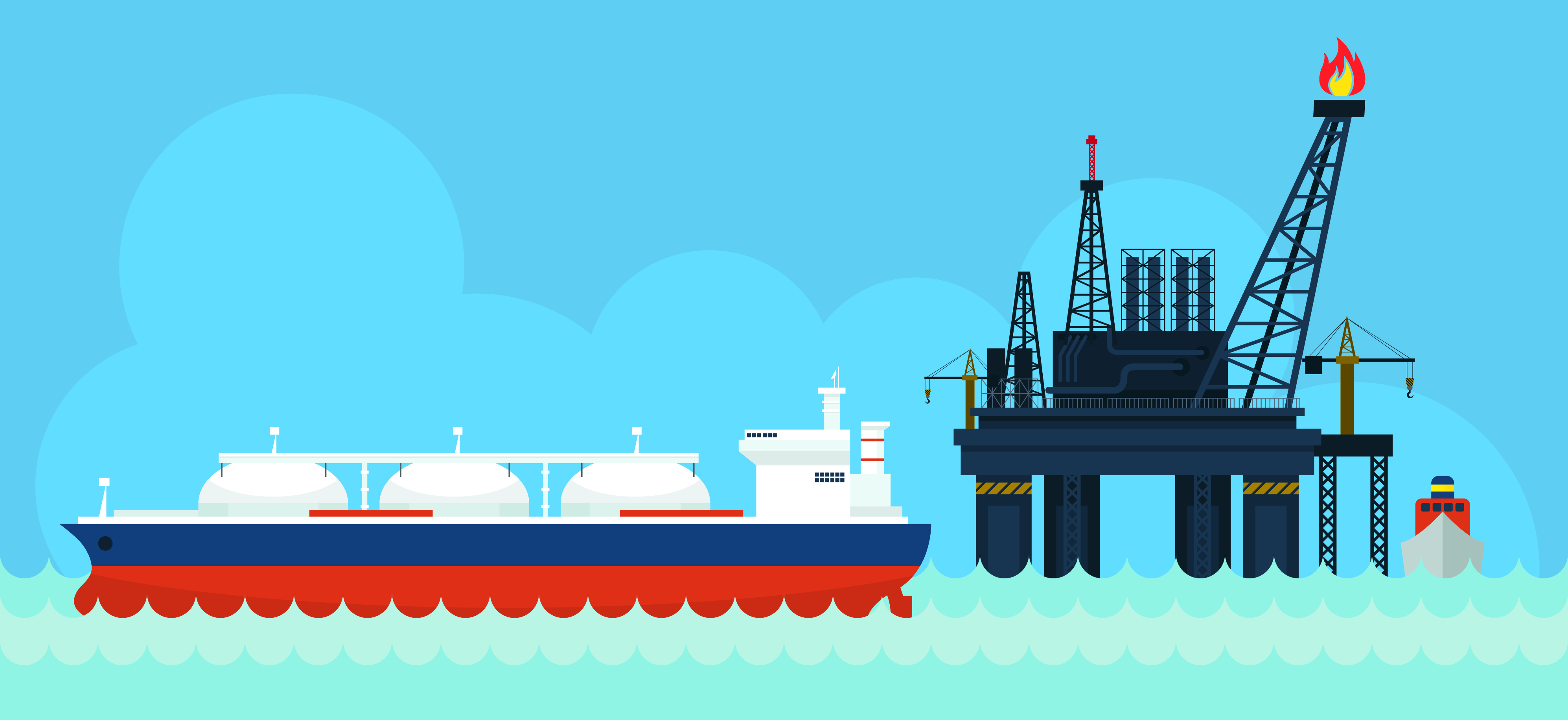
A new report by the International Crisis Group analyzes the main shifts in the region’s energy markets and economic relations.
"The U.S. pioneered what it called “gas diplomacy”, aspiring to use the region’s new energy wealth to bring its countries in conflict to the negotiating table. Israel and Egypt, the new finds’ main beneficiaries, co-founded a regional gas forum. The European Union (EU) launched a study for a pipeline that would carry Israeli and possibly Cypriot gas to Europe – a project that appeared timely indeed after Moscow’s all-out invasion of Ukraine in February 2022 choked off access to Russian gas. But the pipeline project now seems to be dead, due to commercial and environmental concerns. In this and other respects, the great expectations for gas discoveries in the eastern Mediterranean have proven outsized. All actors should now focus on a more modest objective – cultivating an inclusive approach to exploitation to promote regional integration and stability – and continue the move toward renewable energy sources."
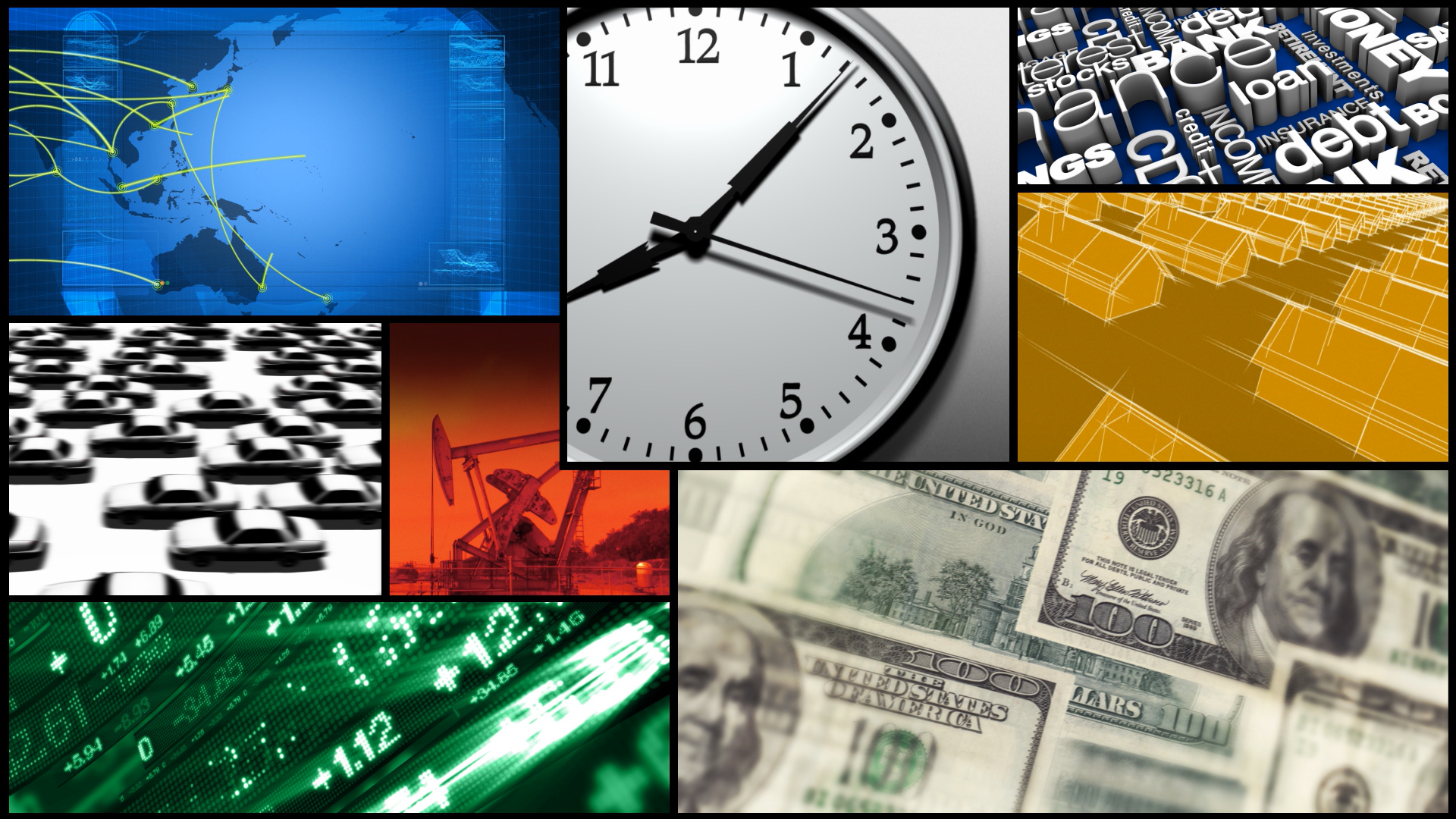 The AfCFTA WEF agreement is a trade deal that was signed in Davos, Switzerland, in January 2023, between the African Continental Free Trade Area (AfCFTA) and the World Economic Forum (WEF). The agreement aims to boost trade and investment between Africa and the rest of the world, as well as support the continent's economic recovery and development after the COVID-19 pandemic.
The AfCFTA WEF agreement is a trade deal that was signed in Davos, Switzerland, in January 2023, between the African Continental Free Trade Area (AfCFTA) and the World Economic Forum (WEF). The agreement aims to boost trade and investment between Africa and the rest of the world, as well as support the continent's economic recovery and development after the COVID-19 pandemic.
The agreement includes a commitment to support Africa's energy transition and policy aiming to achieve climate justice, by providing financial and technical assistance, facilitating technology transfer and innovation, and promoting regional integration and cooperation. The agreement also recognizes the importance of involving the private sector, civil society and youth in the process, as well as ensuring gender equality and social inclusion.

As a small landlocked country in Eastern Europe, Moldova faces many challenges in its energy sector, caused by its low energy self-sufficiency and its reliance on imports for most of its energy demand. Around 80% of its energy consumption is met by imports, mainly from Russia and Ukraine. Moldova is especially dependent on natural gas from Russia, which accounts for about 40% of its primary energy supply, and that makes the country vulnerable to disruptions, price fluctuations, and political pressures from its main energy suppliers.
Moldova's energy situation has worsened in recent years. The COVID-19 pandemic has affected Moldova's economy and reduced its energy demand and revenues and the war in neighboring Ukraine has disrupted Moldova's electricity imports and increased security risks. The global energy crisis in late 2021 has caused a surge in energy prices and a shortage of natural gas supplies. These factors have increased Moldova's energy vulnerability and poverty, and threatened its energy security and stability.
However, the country has received social help for its energy needs from various sources. The European Union (EU) has been Moldova's main partner in supporting its energy sector reforms and integration with the European energy market. The EU has provided financial and technical assistance for improving its energy efficiency, diversifying its energy sources, and developing its renewable energy potential. The EU has also helped Moldova to build a gas interconnector with Romania, which will reduce its dependence on Russian gas and increase its energy options.
 The agreement for the Black Sea Submarine Cable Project was signed in Bucharest on December 17th 2022, in the presence of the President of the European Commission, Ursula von der Leyen, the President of Romania, Klaus Iohannis, the President of Azerbaijan, Ilham Aliyev, the Prime Minister of Georgia Irakli Garibashvili and the Prime Minister of Hungary Viktor Orban.
The agreement for the Black Sea Submarine Cable Project was signed in Bucharest on December 17th 2022, in the presence of the President of the European Commission, Ursula von der Leyen, the President of Romania, Klaus Iohannis, the President of Azerbaijan, Ilham Aliyev, the Prime Minister of Georgia Irakli Garibashvili and the Prime Minister of Hungary Viktor Orban.
The goal of this new cable construction is expected to boost European energy security and connectivity, in the wake of the invasion of Ukraine. The project is supported by the European Commission, which promised to provide funding and regulatory assistance. The project aims to diversify the energy sources and routes for Europe and enhance and cooperation in the region, as well as contribute to the green transition and climate goals of the European Union.
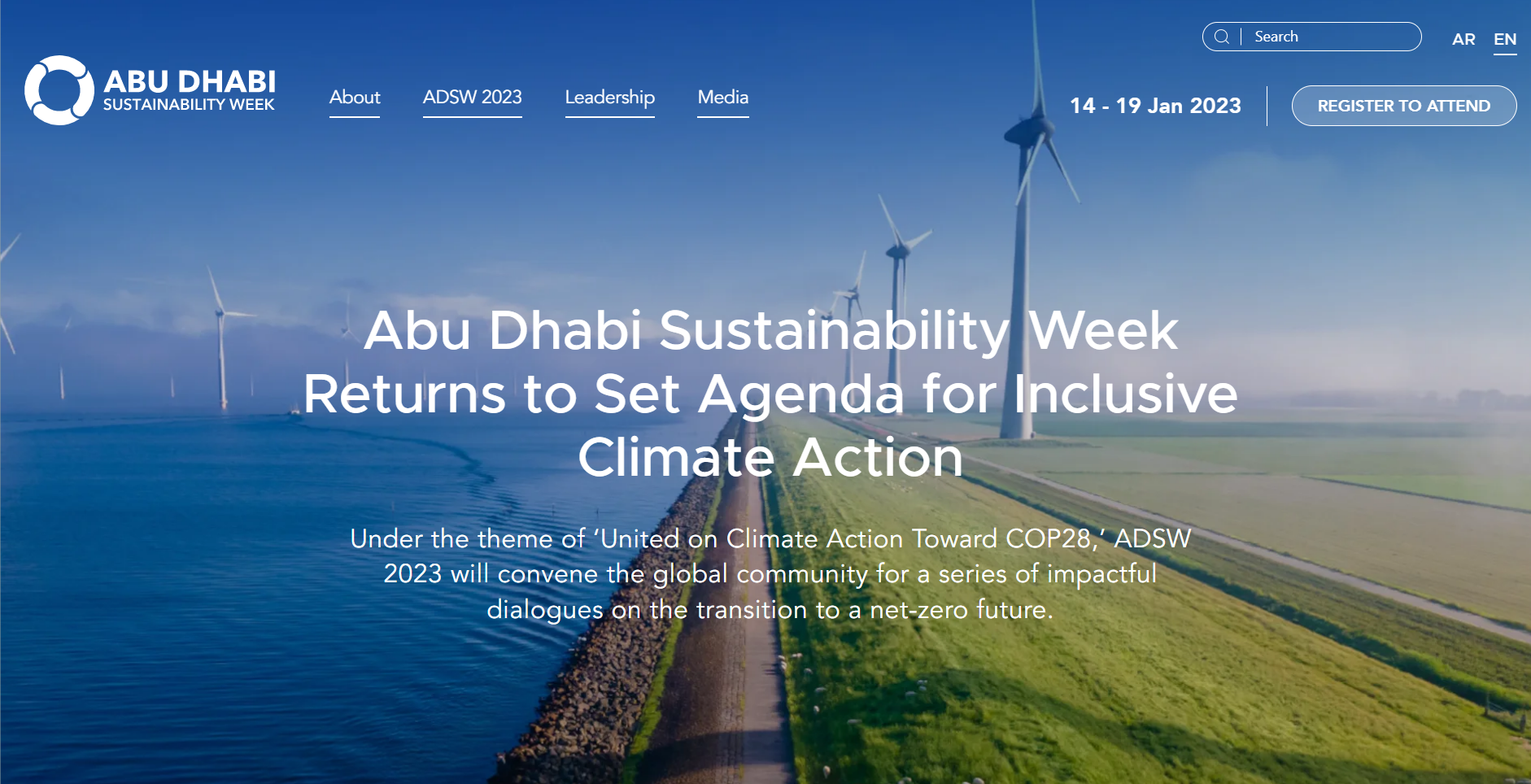 Abu Dhabi Sustainability Week (ADSW) opened its doors to host some of the most important organizations active in the field of energy and climate. In doing so, at the beginning of the year, a timeslot traditionally reserved for the World Economic Forum in Davos, it sends a clear message that the poles of global influence are changing. Leading the conversation on the core aspects of energy - security, affordability, protection of the environment and climate justice - organizations such as IRENA, the Atlantic Council and the Arctic Circle Forum are all holding their summits at ADSW.
Abu Dhabi Sustainability Week (ADSW) opened its doors to host some of the most important organizations active in the field of energy and climate. In doing so, at the beginning of the year, a timeslot traditionally reserved for the World Economic Forum in Davos, it sends a clear message that the poles of global influence are changing. Leading the conversation on the core aspects of energy - security, affordability, protection of the environment and climate justice - organizations such as IRENA, the Atlantic Council and the Arctic Circle Forum are all holding their summits at ADSW.
Together with hosting the United Nation's COP 28 Climate Change Conference in Dubai at the end of 2023, gathering such significant decision-makers for this massive series of events at ADSW, the United Arab Emirates is putting on a show of force, reflecting its important capabilities to become a major player influencing policy and diplomacy in an increasingly fraught global context.


